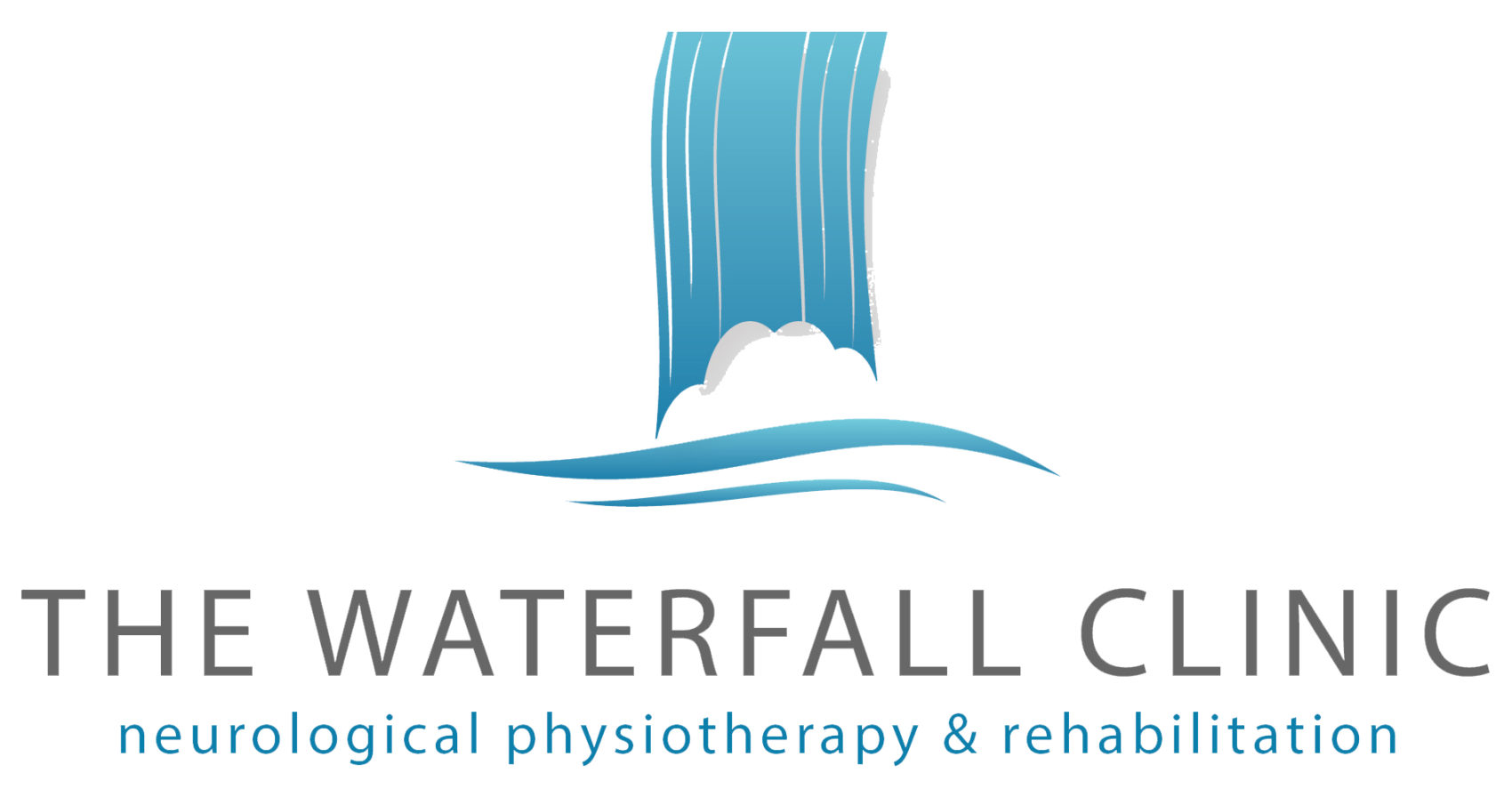Benign MS – this is the mildest form of MS and involves few relapses (times when your symptoms flare up). However, a person with this type of MS will need to have had very few or no symptoms for about 15 years before a diagnosis can be confirmed. This type of MS may get worse with age.
6 Claregate St,
Kildare Town
085 863 5222
thewaterfallclinic@gmail.com
Mon-Thurs 9-5, Fri 9-2,
Closed Weekends
Multiple Sclerosis (MS) is an inflammatory disease of the central nervous system which occurs when the immune system breaks down or damages the myelin, the protective layer which surrounds nerve fibres. This damage causes disruption to messages travelling along nerve fibres, causing them to slow down, become distorted, or not get through at all. As well as myelin loss, there can also sometimes be damage to the actual nerve fibres. It is this nerve damage that causes movement disruption, weakness and spasticity.
There are four main types of MS which include:
Relapsing remitting MS – 80% of people with MS have this type of MS. This means you have relapses followed by periods of remission when your symptoms get better. Relapses occur when new or old symptoms flare up suddenly followed by a time of recovery or remission.
Secondary progressive MS – About 50% who have relapsing-remitting MS go on to develop secondary progressive MS within 10 years. The symptoms do not get better once the relapse is over and slowly build up making everyday tasks more difficult over time.
Primary progressive MS – this type of MS means that symptoms get steadily more severe without any periods of remission.
The most common symptoms include:
- Fatigue
- Muscle weakness, stiffness and spasms (muscle contracting tightly and painfully)
- Loss of balance, coordination and dizziness making walking difficult
- Pain (neuropathic or musculoskeletal)
- Numbness or tingling of your skin
- Physiotherapy will help with the physical symptoms of MS whilst also improving your energy levels and self-esteem.

Our Approach
At The Waterfall Clinic, our dedicated physiotherapists will help you achieve your maximum potential for physical independence, flexibility, strength and fitness levels, and provide advice and support on any new movement problems that may arise. Physiotherapy can be of great benefit to people with MS. It helps maintain independence by improving symptoms such as fatigue and muscle spasm, as well as preventing loss of mobility, strength, and balance.
We have also trialed and have access to the Molli Suit in the clinic which can have a positive effect on spasticity. Our physiotherapists will work closely with you and your medical team to maintain your independence, function, and overall quality of life

Treatment Plan
- Improve balance and posture through balance and strengthening work and postural re-education.
- Increase mobility through assessment of different mobility aids.
- Reduce muscle stiffness, spasms and pain through stretching programmes.
- Increase muscle strength through strengthening and mobilisation exercises.
- Reduce the risk of falls through balance work, gait re-education and training.
- Increase independence and quality of life.
- Manage fatigue with advice on management tools and resources.
- Combine stretching, aerobic exercise, strengthening and relaxation techniques through exercise classes.
”I first attended Johanne in the Waterfall clinic as part of an MS physio group in September 2019. Since then I have continued to see Johanne on a one to one basis. I have found the strength, balance and resistance program Johanne tailored for me really beneficial. My overall muscle strength and stamina has improved greatly. The pain I previously had in my lower back is now gone completely.
Maura Maye
Why Choose Us?

Highly Trained
Therapists

Access to latest
neurotechnology

Specialised
equipment

Patient centred
care

Holistic
approach

Fully accessible clinic
and rehabilitation gym
Covered by the following









